Paying hush money isn’t just an innocent way to keep someone quiet. It’s actually illegal and here’s why.
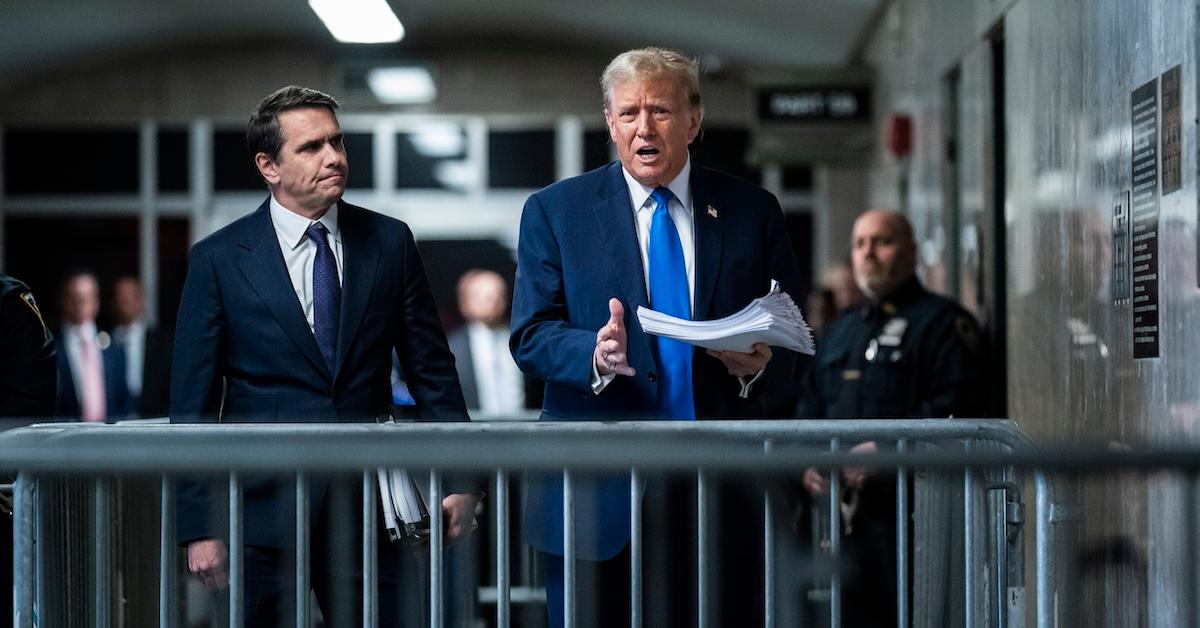
It would be an understatement to say that former President Donald Trump is in trouble with the law. He’s in trouble with several laws throughout various states at both the state and federal levels leading up to the 2024 election. Many believe he’s running for president just so that he can clear his name of any allegations, but if proven guilty, that could complicate his campaign even further.
Article continues below advertisement
Article continues below advertisement
In April 2024, the trial under the spotlight is regarding Trump’s hush money payments to Karen McDougal, a Playboy model, and Stephanie Clifford, aka Stormy Daniels, an adult film star. While paying hush money isn’t the most moral thing to do, it isn’t clear to some as to why it’s illegal. So, we break it down.
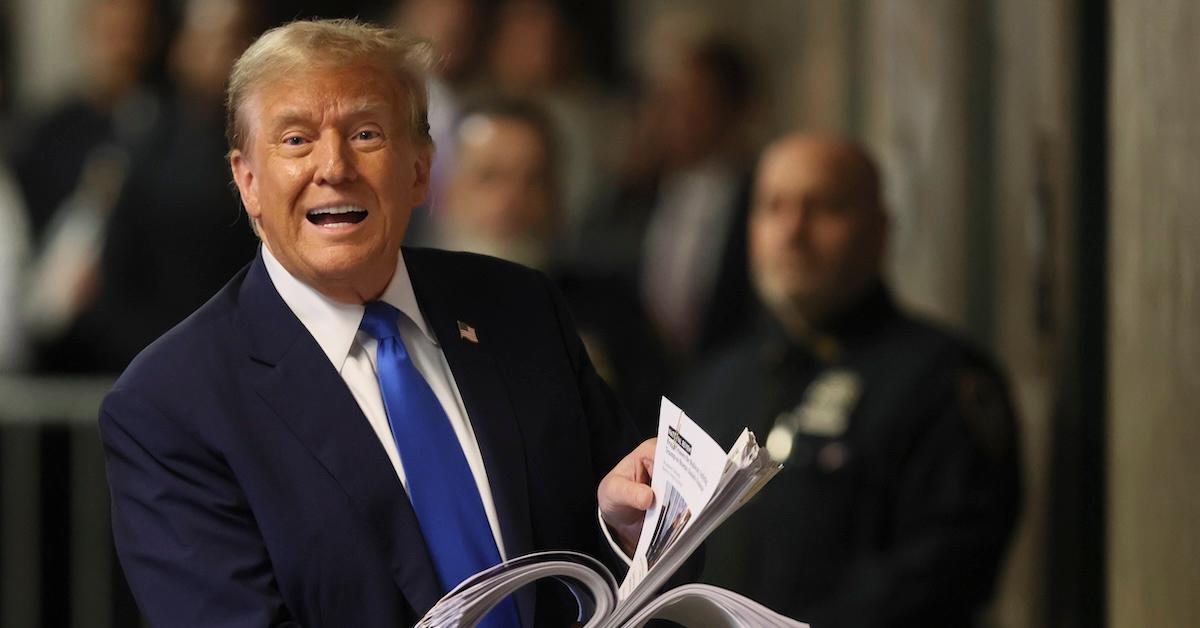
Article continues below advertisement
The hush money paid for Donald Trump is illegal because it was intended to interfere with an election.
As Trump’s trial is underway, the legality (or lack thereof) of hush money has been under scrutiny. University of Pennsylvania Carey School of Law professor Tess Wilkinson-Ryan actually spoke with Slate about what makes hush money legal or illegal. “It’s legally OK if the information being kept confidential is not about a crime, or if keeping it confidential doesn’t otherwise violate the law,” she explained. “If the payment itself is illegal — imagine bribery or blackmail — that’s a matter of criminal law.”
But the payments to McDougal and Daniels were both consensual, they weren’t technically blackmail, and Trump’s alleged affairs aren’t actually state or federal crimes, even if they are immoral. But Michael Cohen, who made the payment to Daniels (seemingly on Trump’s behalf) was found guilty in 2018 of tax evasion, making false statements, and campaign finance violations, and was therefore sentenced to three years in prison.
Article continues below advertisement
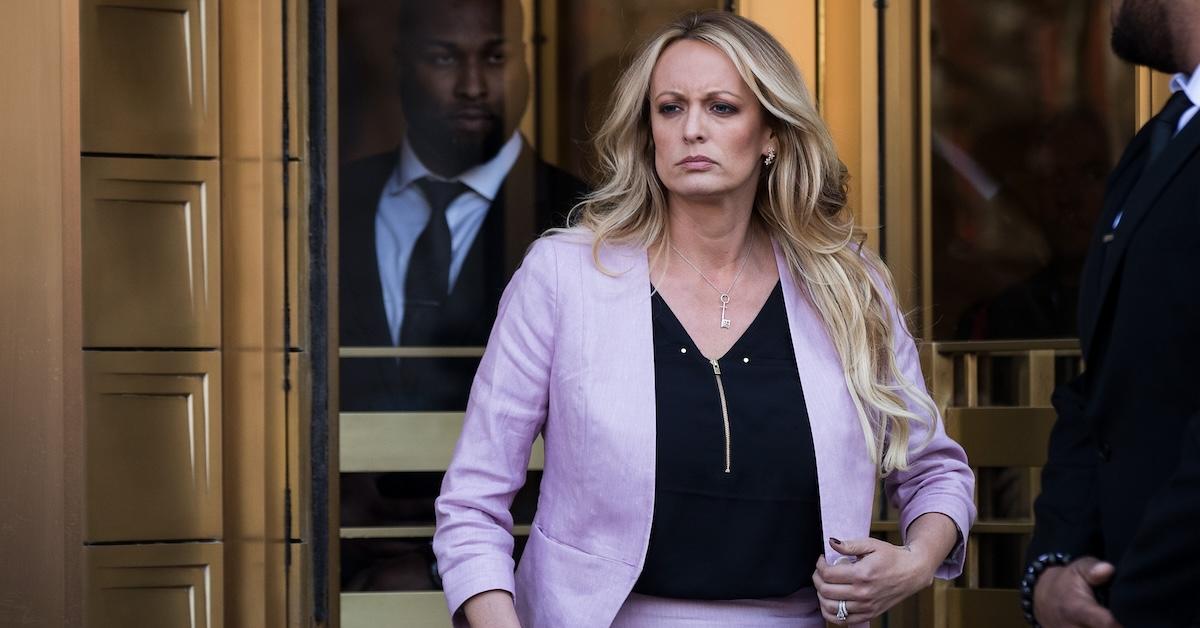
American Media Inc. (AMI), now known as a360media, paid Karen to “catch and kill” her story, meaning they bought the rights and then killed any sort of project based on it. Both AMI and Cohen admitted in trials that they broke the law in paying McDougal and Daniels to hide “unflattering information” before the 2016 election.
Article continues below advertisement
While Cohen was found guilty of an unlawful campaign contribution, a360media was forced to pay a $187,500 fine to the Federal Election Commission to avoid legal charges. But Trump is being tried for his crimes in New York — 34 felony counts to be exact — and they go beyond the actual hush money payments.
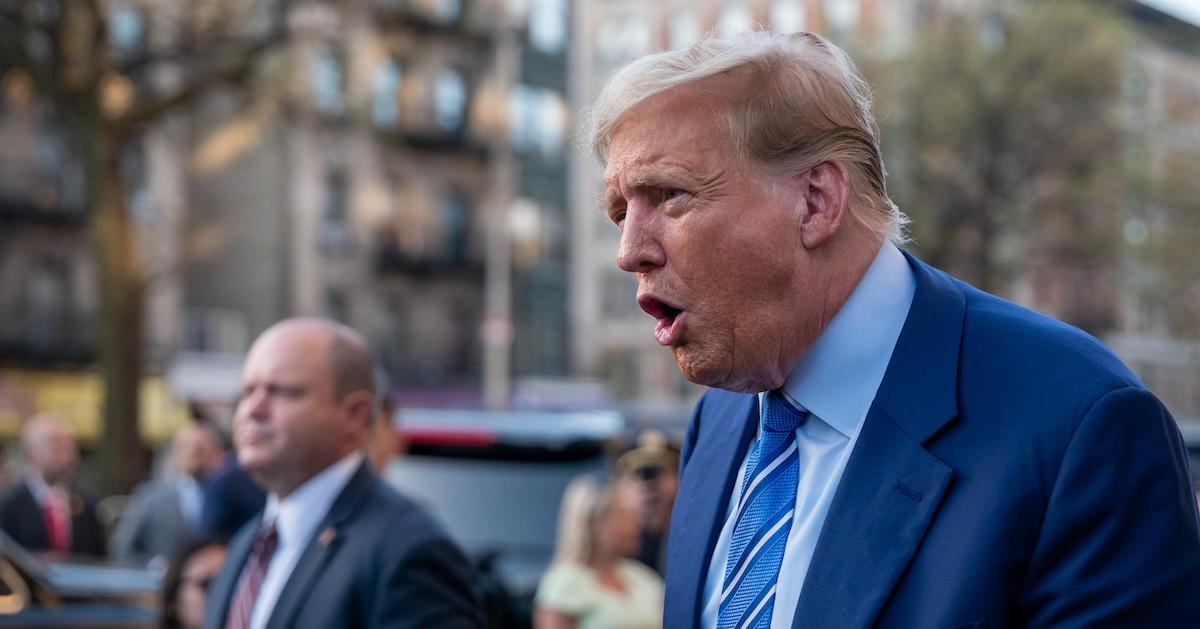
Article continues below advertisement
Trump’s role in the hush money dealt with falsifying records.
While falsifying records is typically a misdemeanor in New York, it’s classified as a felony if it’s done to cover other crimes. Trump’s April 2024 trial is focusing on whether that’s the case for these falsified documents. The crimes would range from Cohen’s campaign finance crimes and tax issues because of how Trump classified his payments to Cohen.
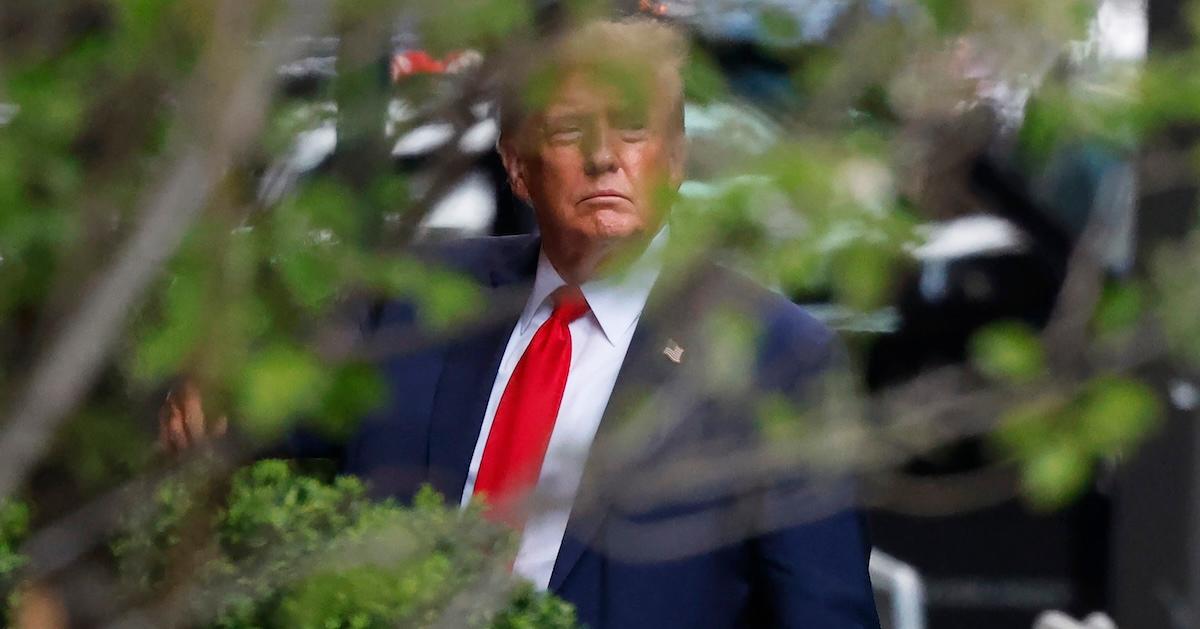
However, Trump pleaded not guilty, so now a jury and judge will pick apart each of the 34 counts to see if he’s guilty of a felony. Each count could be punishable by up to four years in jail and a $5,000 fine, but prison time seems unlikely. The moral of the story here is that while hush money may not be illegal, many of the actions around it could be.
Source: https://www.distractify.com/p/why-is-hush-money-illegal
